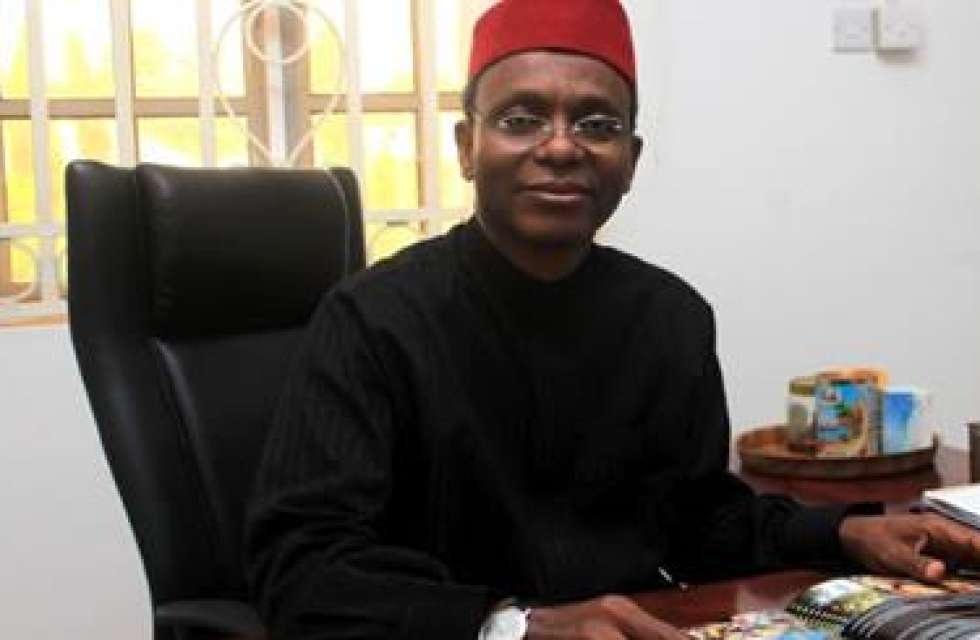Renovated building at Government Girls Senior Secondary School Soba, Kaduna Photo via facebook: The Governor of Kaduna State
Nigeria is said to have 10.5 million out-of-school children, the world’s highest number, out of which 60 per cent are in the northern region, with about 60 per cent girls.
According to a UNICEF report, many of the girls who enroll in school drop out early due to low perception of the value of education for girls and early marriage.
Worried by the high number of out of school girls in north, Kaduna State Governor Nasir el-Rufa’i last week declared free education for all female students in public secondary schools across the state.
This is an extension of the free basic education enjoyed by pupils in public primary schools in the state.
The essence of free education for girls, according to the Commissioner for Education, Science and Technology, Malam Ja’afaru Sani, was to get rid of hindrances to girl-child education in the state.
The role of women in nation building, he said, cannot be over-emphasised hence the need to educate them and give them the opportunity to explore their potentials. He stated that the ministry has sent directive to all zonal offices and secondary schools to that effect for implementation.
He said: “Before, only primary school children were enjoying free education in the state but the governor has decided to include girls in the secondary school so that they can also benefit.”
However, the development has been greeted with mixed feelings by stakeholders, some of who have described the free education policy as a welcome development as it would give more girls the opportunity to acquire education. Others, however expressed fear that it may not make much difference so long as awareness is not raised about the importance of girls’ education among rural parents.
The Executive Director of Centre for Learning and Education Development Advocacy Africa (CLEDA Africa), Daniels Akpan, while hailing the state government for the free education policy, said education plays a vital role in the development of society and also aids in alleviating poverty.
She described the free education for secondary school girls in Kaduna as a move to the achievement of SDG 4, which seeks to ensure that by 2030, all girls and boys complete free, equitable and quality primary and secondary education leading to relevant and effective learning outcome. “It is a good step in the right direction,” she added.
According to Akpan, the new policy will increase enrolment of girls in school, adding that it will afford parents who cannot pay fees, the opportunity to educate their female children at no cost as against the practice of marrying them off at young age.













